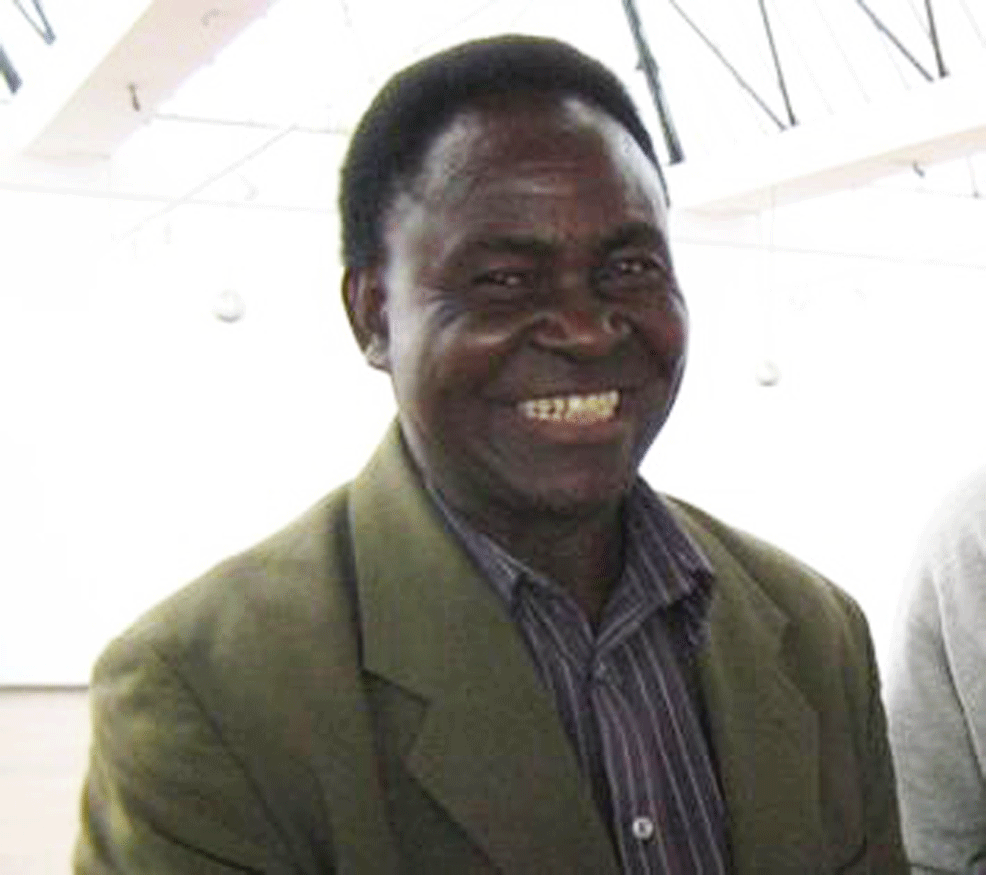
Veteran author Aaron Chiundura Moyo’s award winning novel, Ziva Kwawakabva (know your roots) has remained a masterpiece close to four decades after it was first published in 1977.
By Everson Mushava

The novel depicts a male character, Ngoni, born and bred in a rural setting but later abandons his roots for western life after setting foot in the city.
Marrying a civilised woman who belonged to a well-to-do family with deep orientation in the western culture, Ngoni did not only become increasingly embarrassed by his traditional cultural life, but his people too — especially his own parents.
The death of former Economic Development deputy minister Aguy Clement Ushe, aka Georgias last week, did more than enough to bring Chiundura Moyo’s novel into perspective.
Georgias was regarded as a champion of the rights of coloured people in Zimbabwe but after his death it was revealed that he was not of mixed race heritage.
“Aguy was not coloured,” his brother, Hebert told The Standard after the family was ignored by Zanu PF at the burial.
- Chamisa under fire over US$120K donation
- Mavhunga puts DeMbare into Chibuku quarterfinals
- Pension funds bet on Cabora Bassa oilfields
- Councils defy govt fire tender directive
Keep Reading
“He was born in Chivhu, Unyetu-Mutomba, grew up there before he came to Harare.
“In Harare he changed his surname from Ushe to Georgias and since then, he considered himself to be of a mixed race.”
A bitter Hebert added: “We are being discriminated against because we are blacks while our bother chose to be identified as coloured.
“We don’t want anything from his estate; we just wanted to be recognised at the funeral so that we could tell the country who Aguy was and his roots. We are Africans and we have a culture.”
A family member who refused to be identified said Georgias was fathered by James Ushe Shoniwa 80 years ago.
His father was abusive to him and he fled to live in the city with an uncle, George Ushe. The uncle worked for a Greek Georgiadis.
“That is when he changed his name,” the family member said.
Like many other blacks at the time, Georgias could have done that so he could be accepted by the white colonialists who had a soft spot for people of mixed race while being very hostile to blacks.
“He was a very good man. He assisted all the family members in setting up businesses. He buried many family members,” the source said.
“He would come home, but it was clear that he did not want the people of Zimbabwe to know his roots.
“He wanted to identify himself with people of the mixed race.
“He was the eldest surviving son and he could have been Chief Mutekedza, but he didn’t want to be associated with anything purely black.”
Georgias was married to a woman of mixed race whose daughter, Tina delivered a speech at his burial ahead of his 55-year-old son Tony Georgias.
According to leaked United States diplomatic cables, Georgias took up a new name during the colonial times to achieve a better social and legal standing.
After independence, he kept his origins a secret, the cables leaked by WikiLeaks say.
“President Robert Mugabe also appointed Georgias as a recognition to the coloured community.
“Georgias is actually a black Zimbabwean hailing from the Zezuru subgroup of the Shona ethnicity, just like Mugabe,” WikiLeaks reported after Georgias was put on the sanctions list.
Whether Georgias’ decision to keep his origins a secret was a sign of his ethnocentric view of the white culture, it could not be established. But true, the man lived a life of self-denial, he indeed despised his origins.










